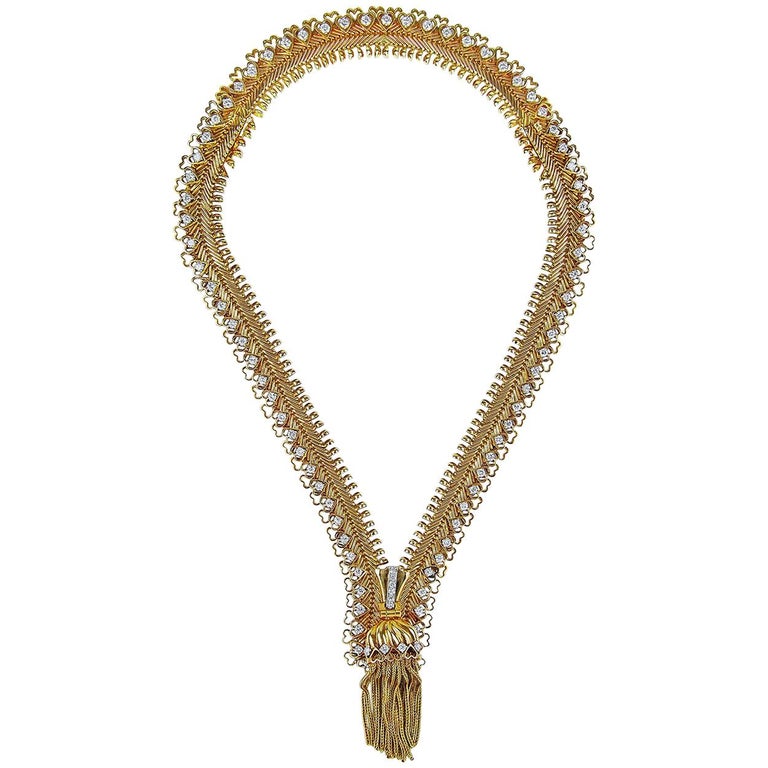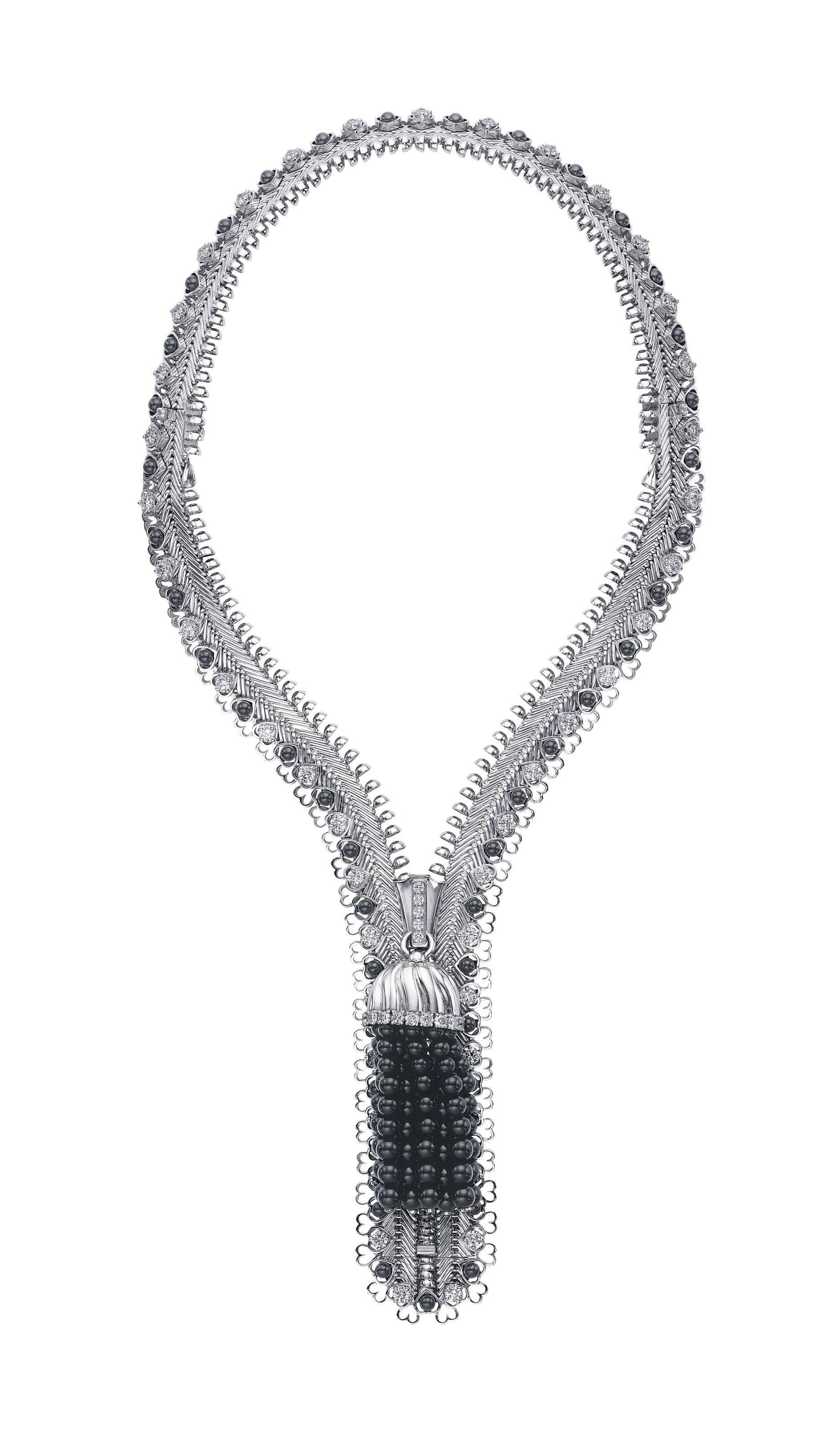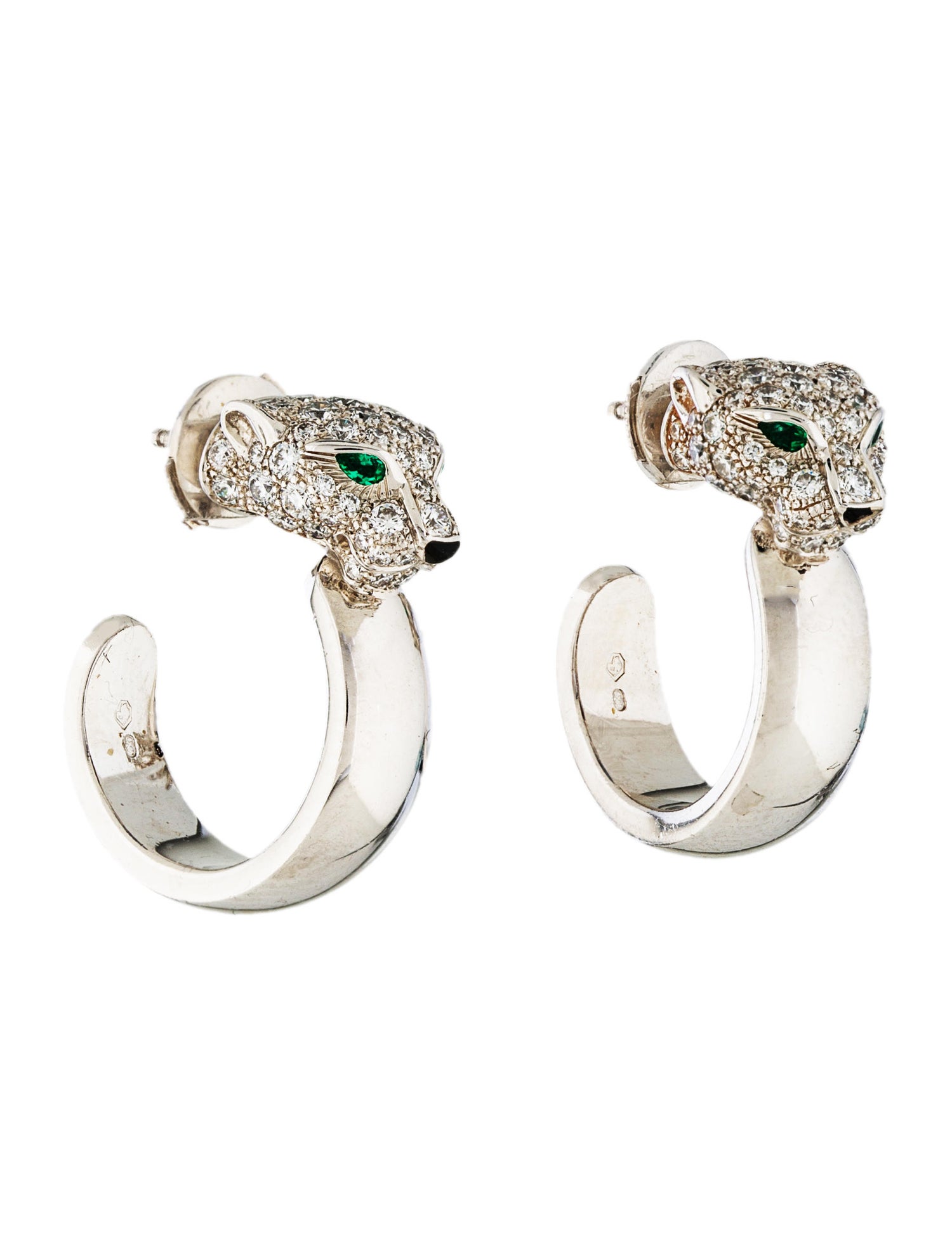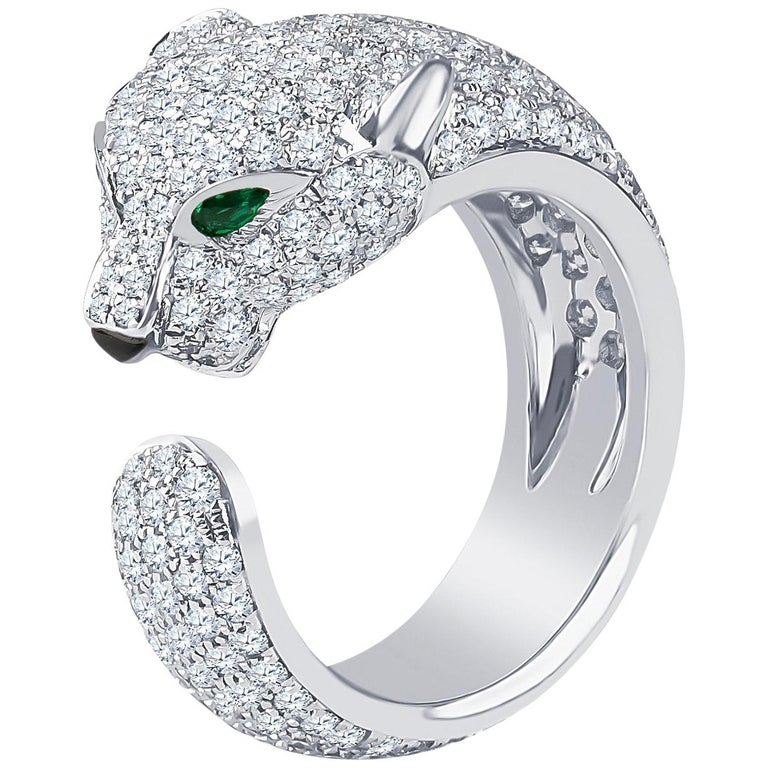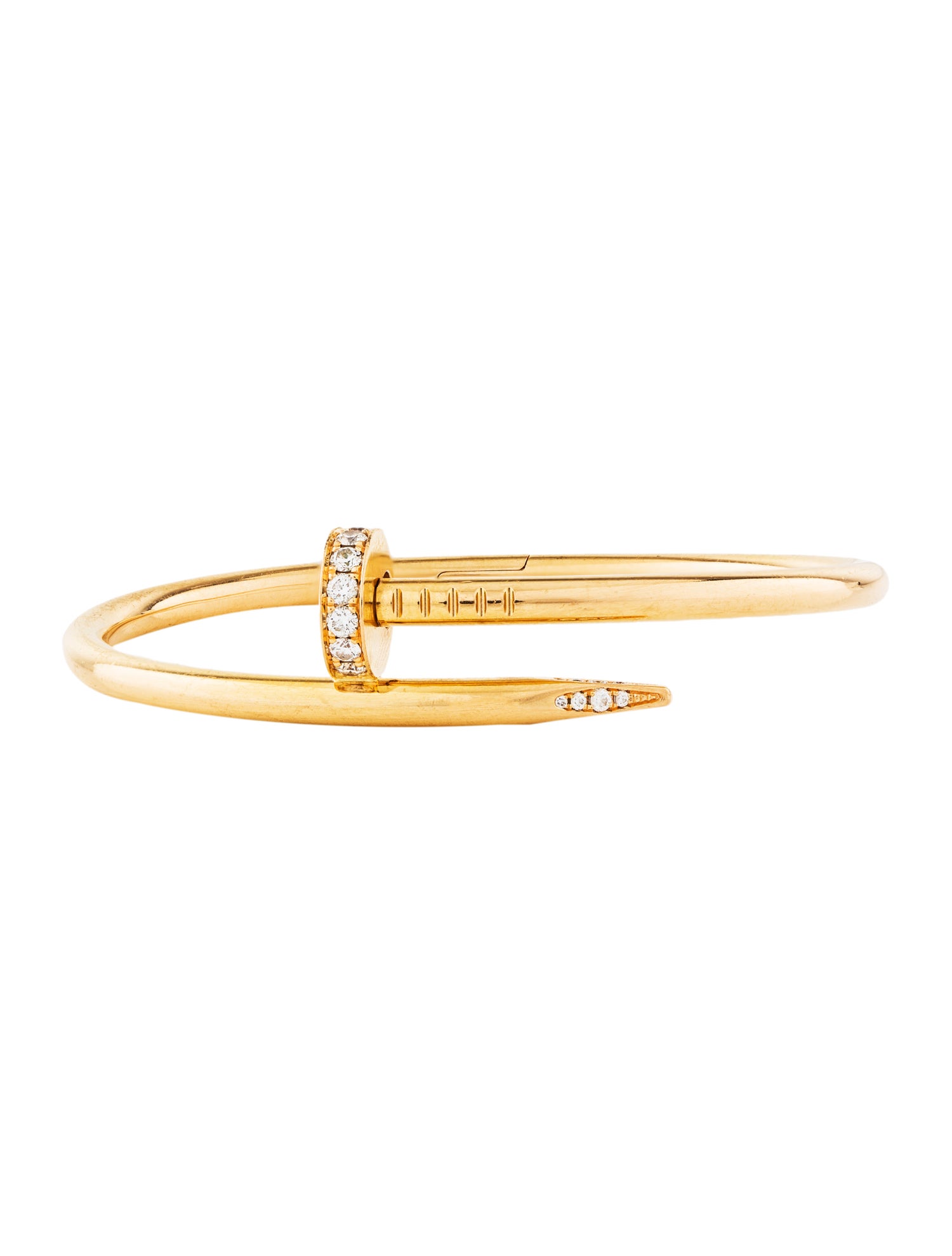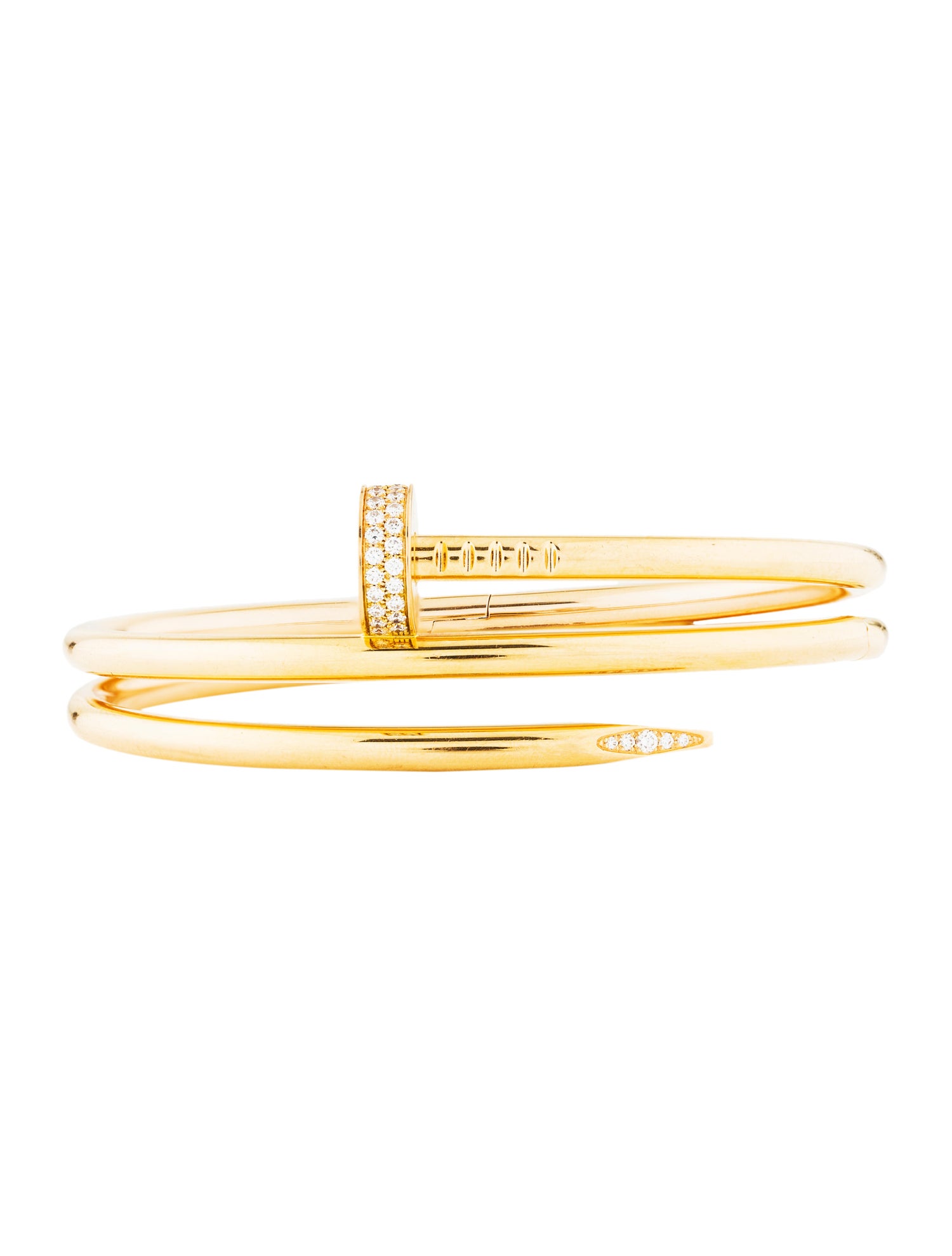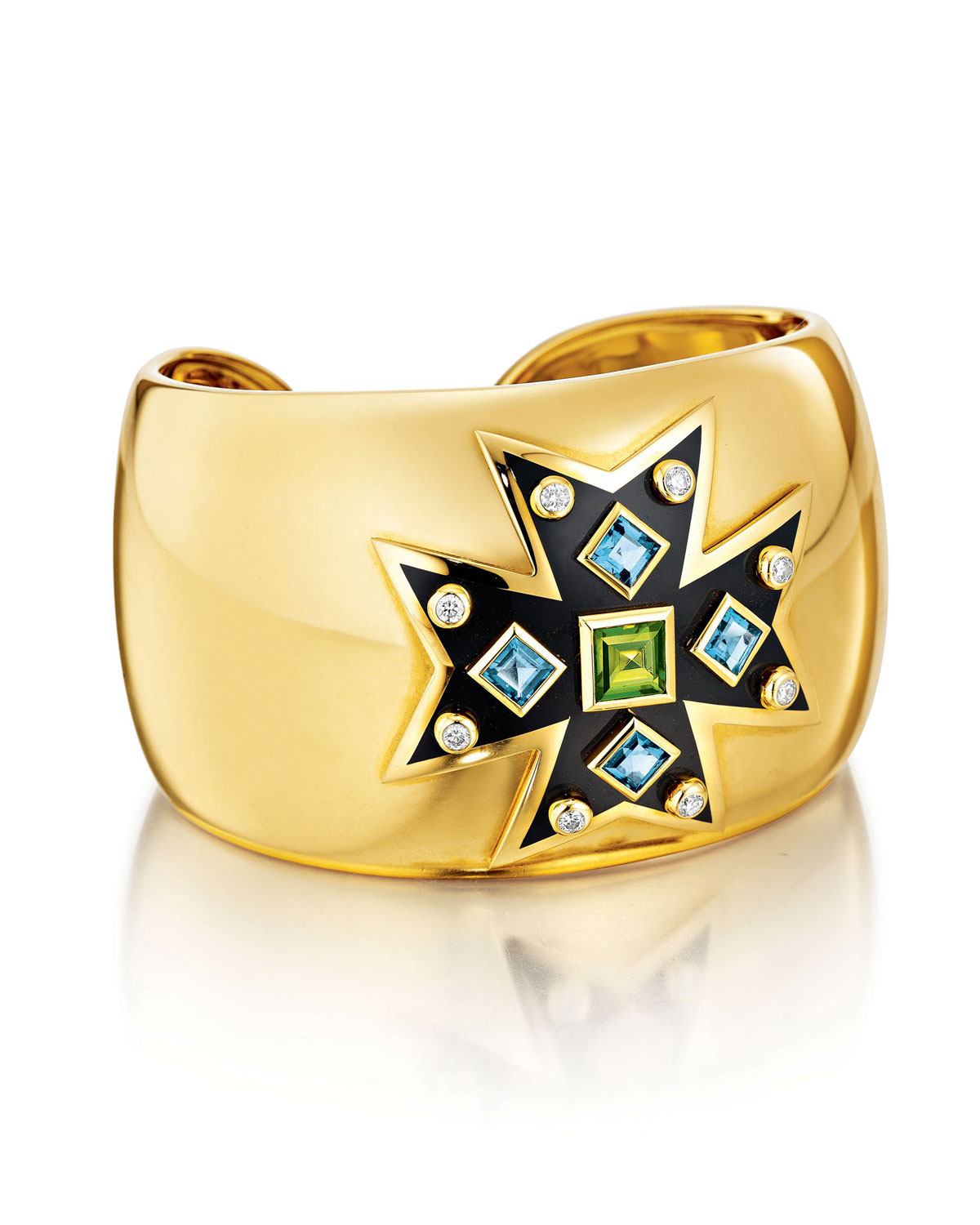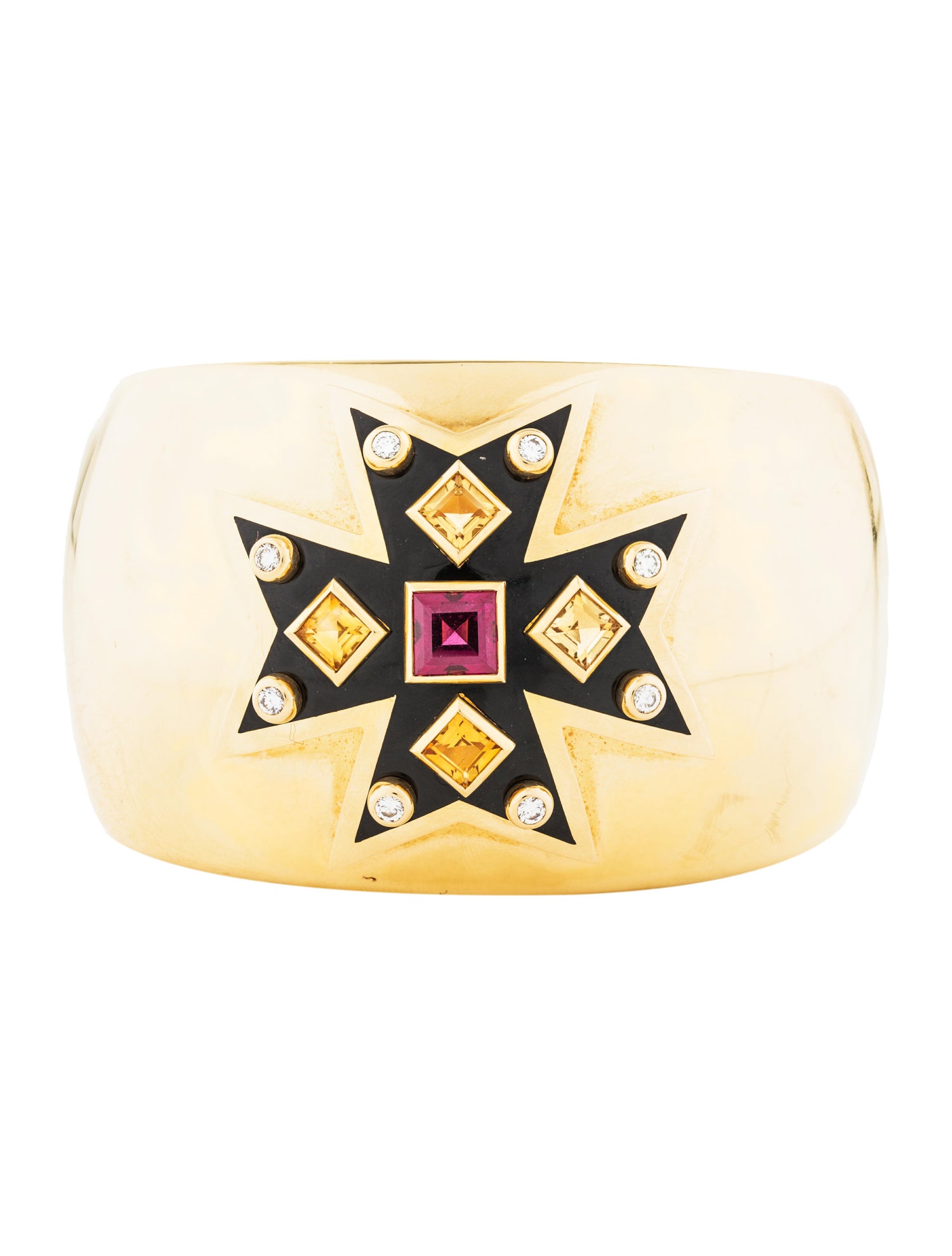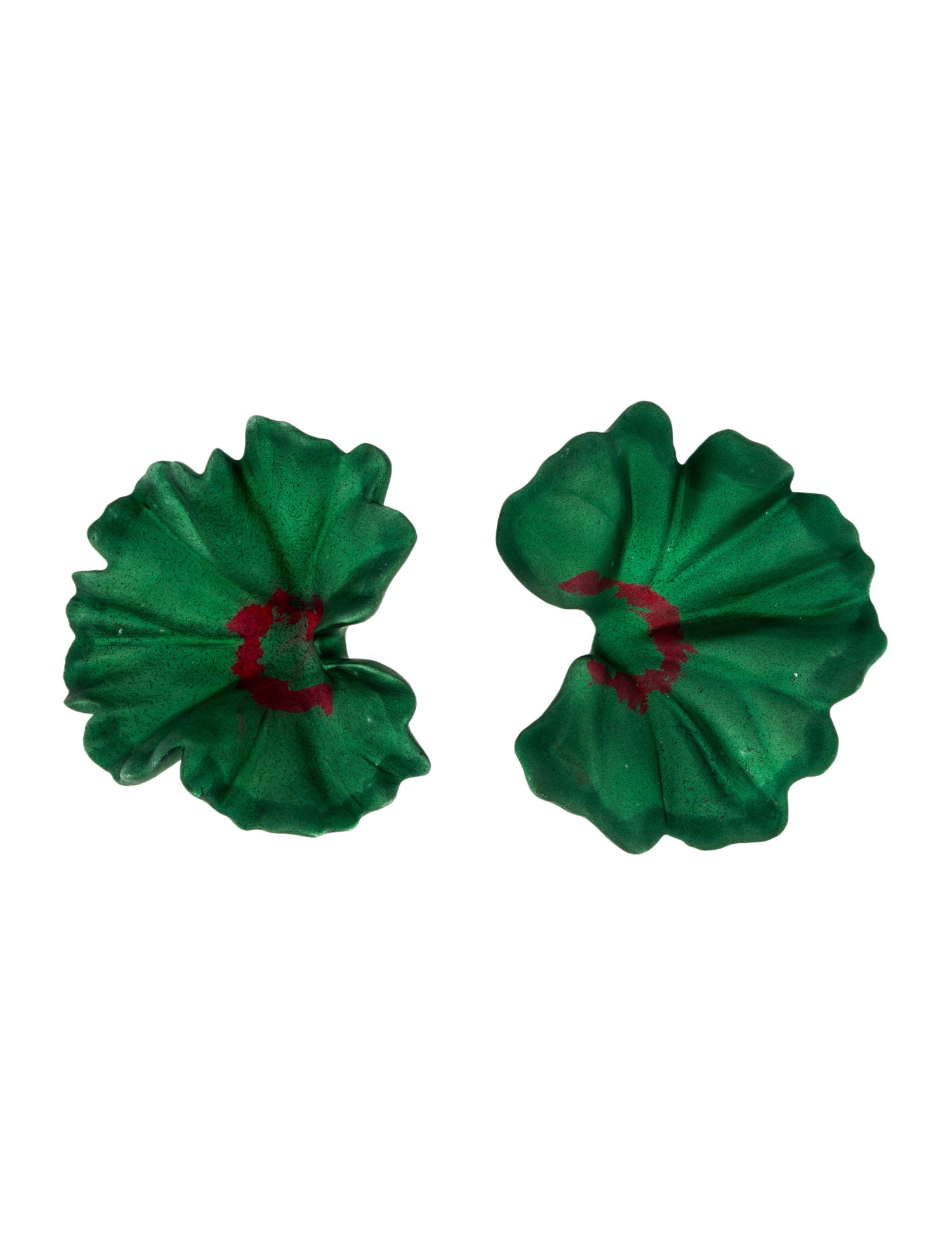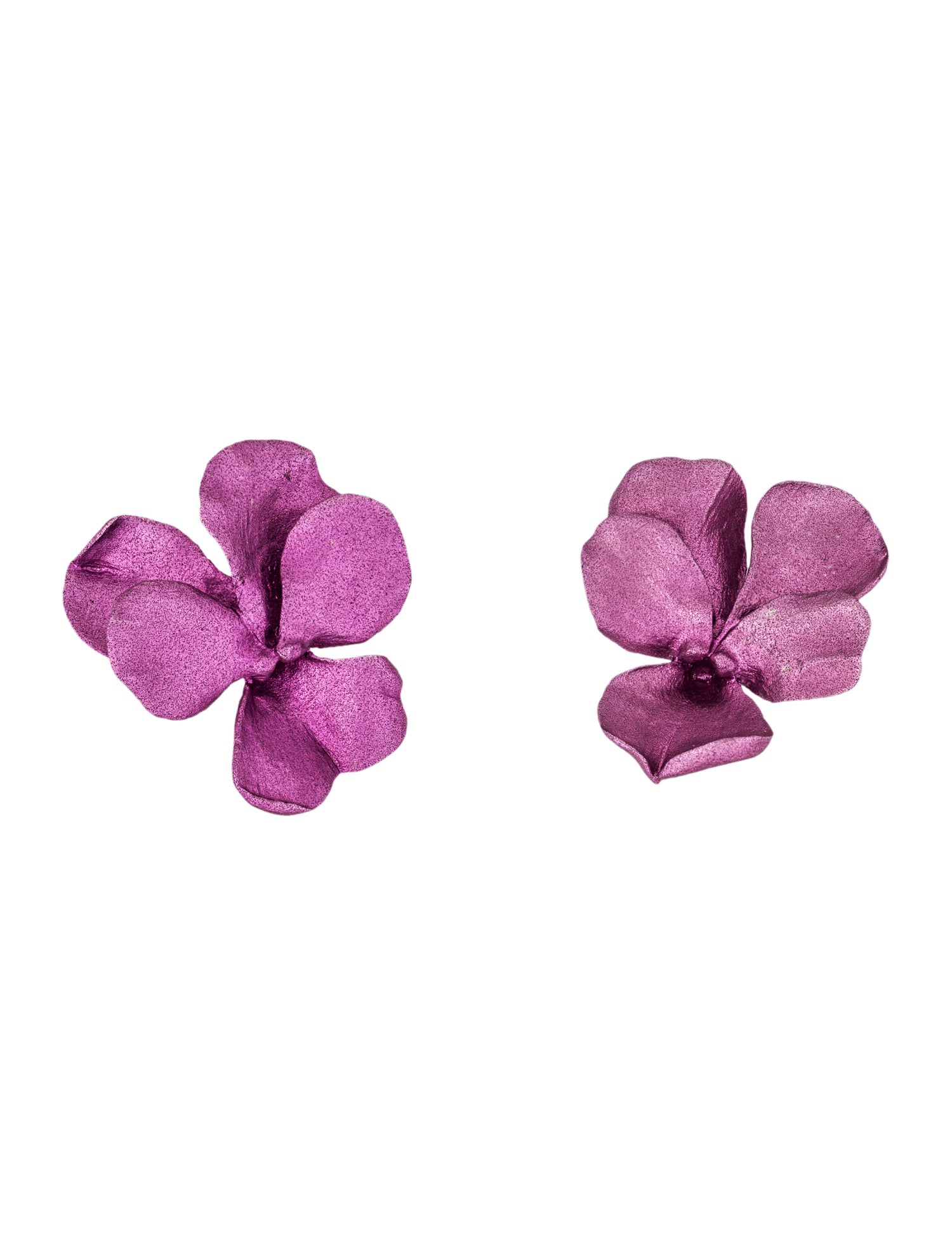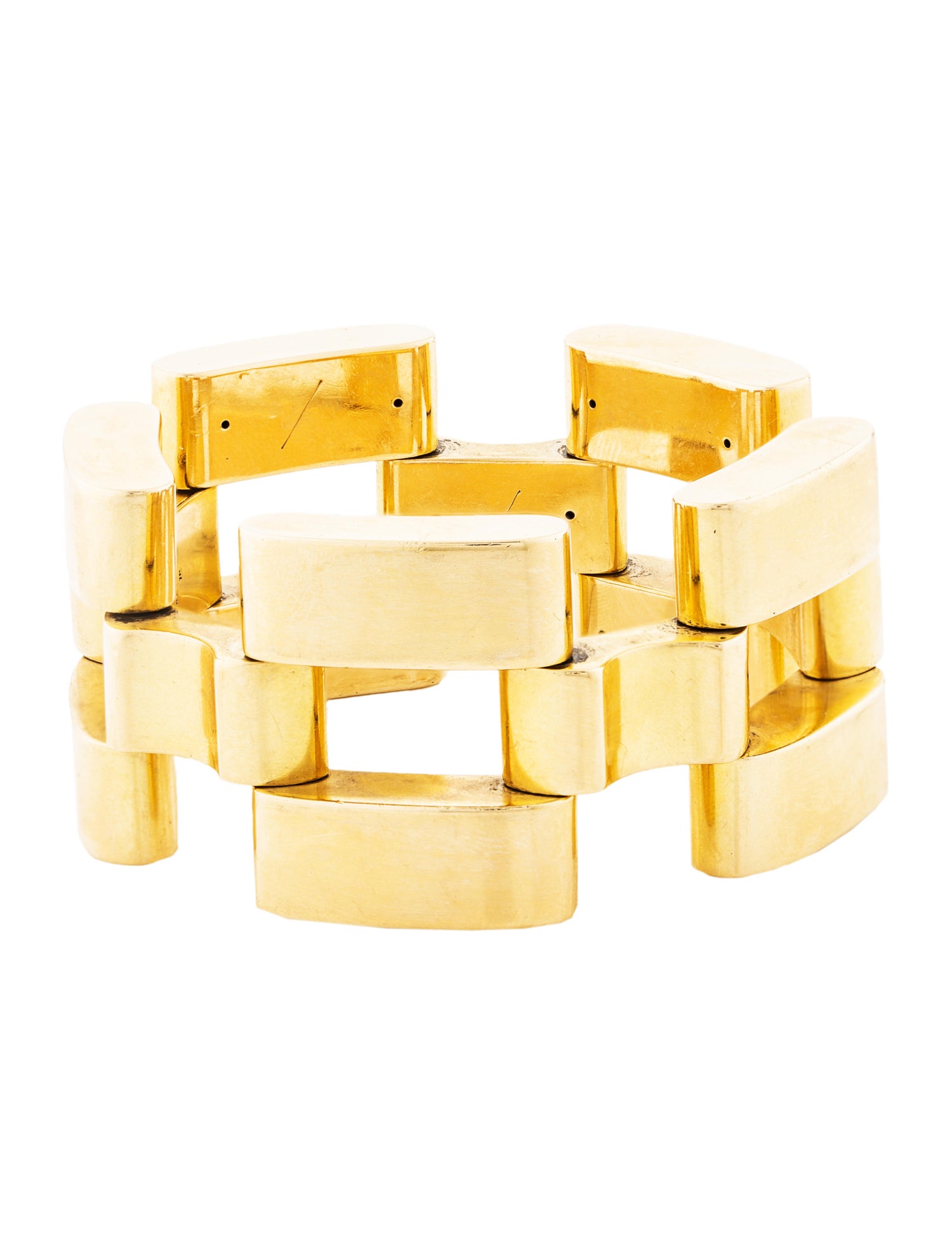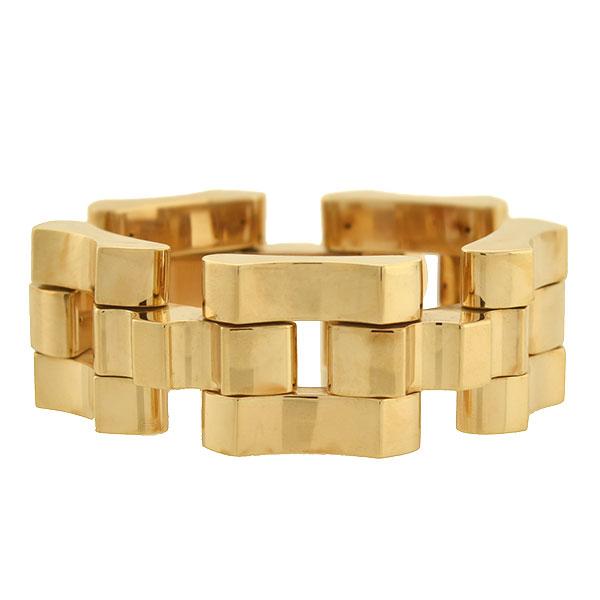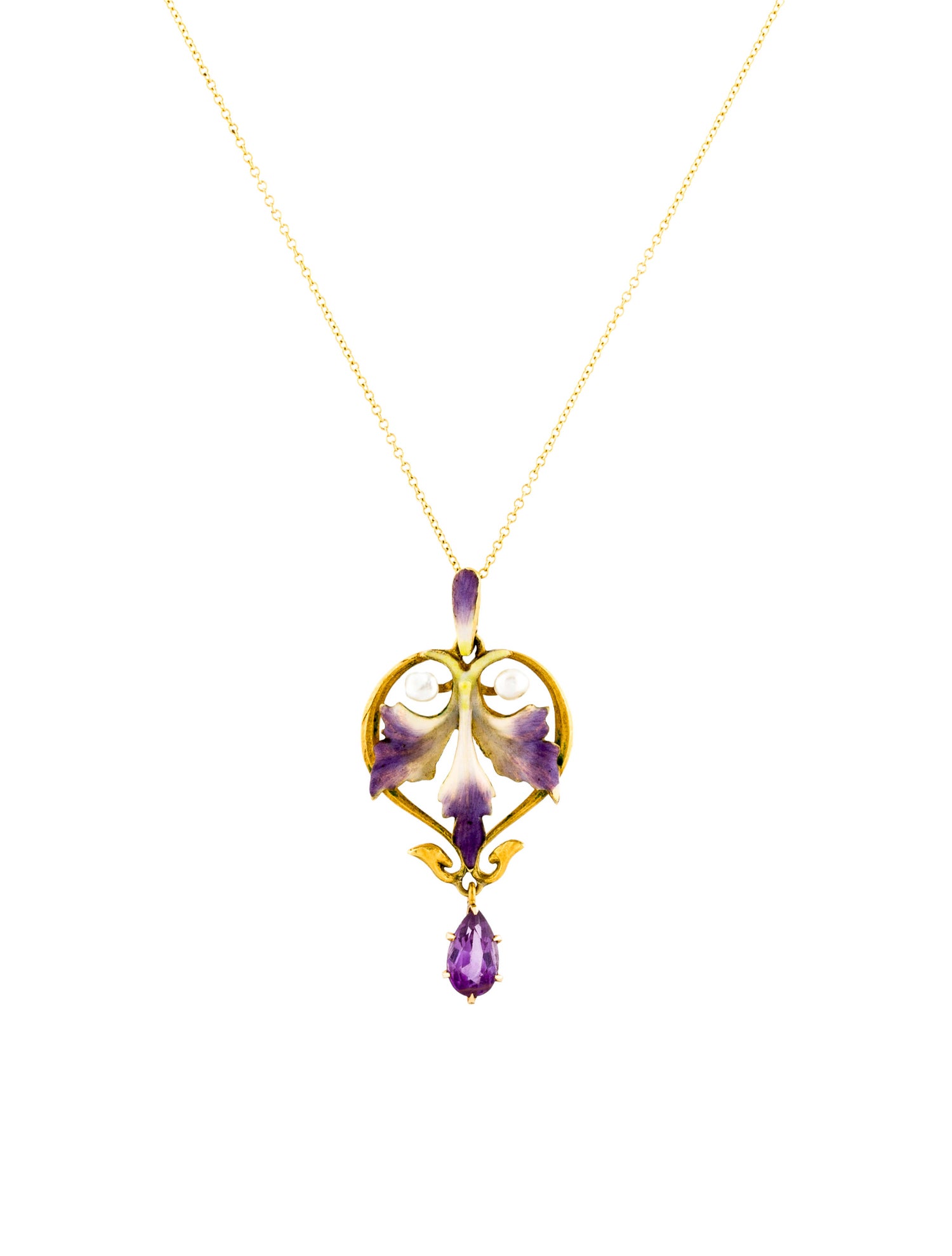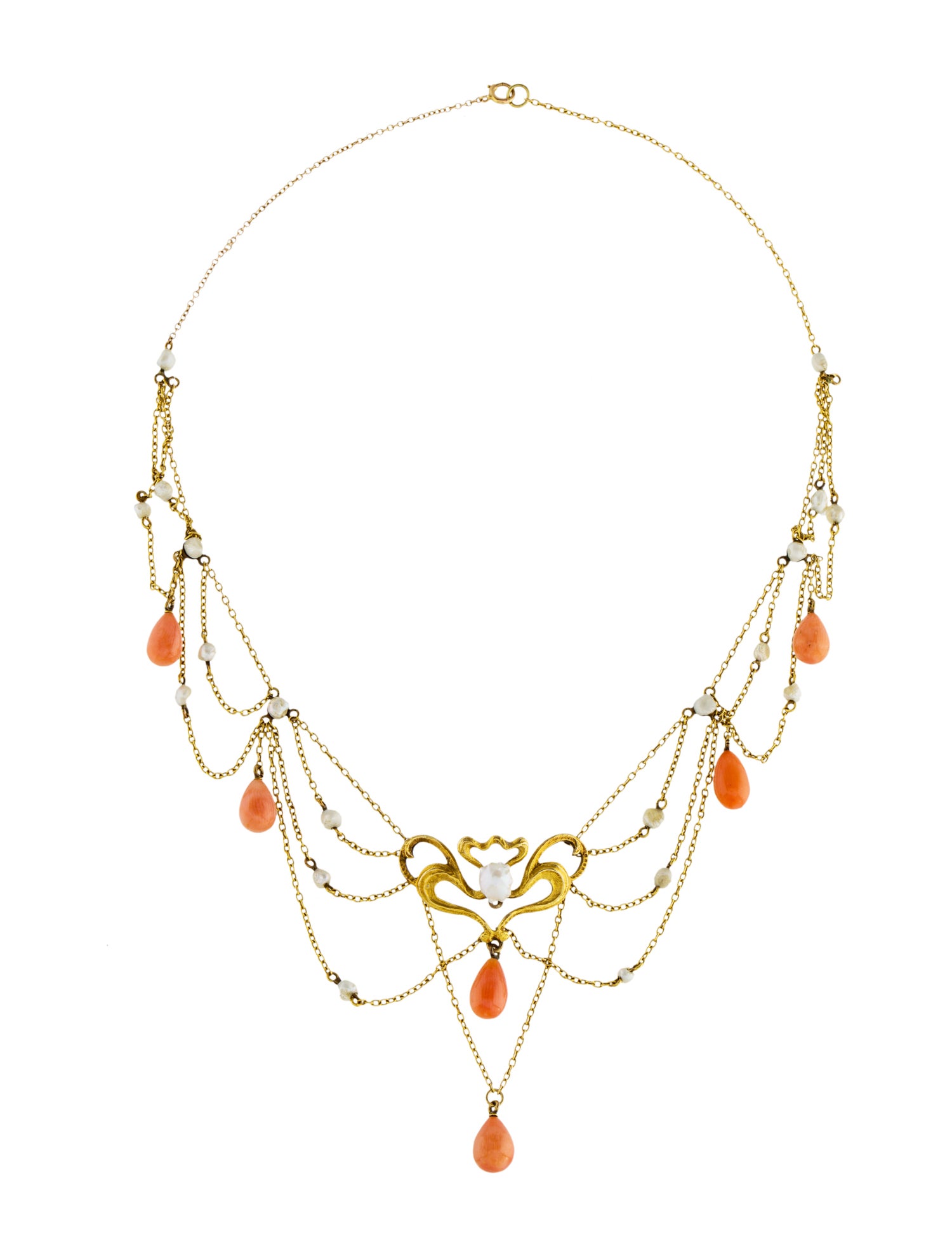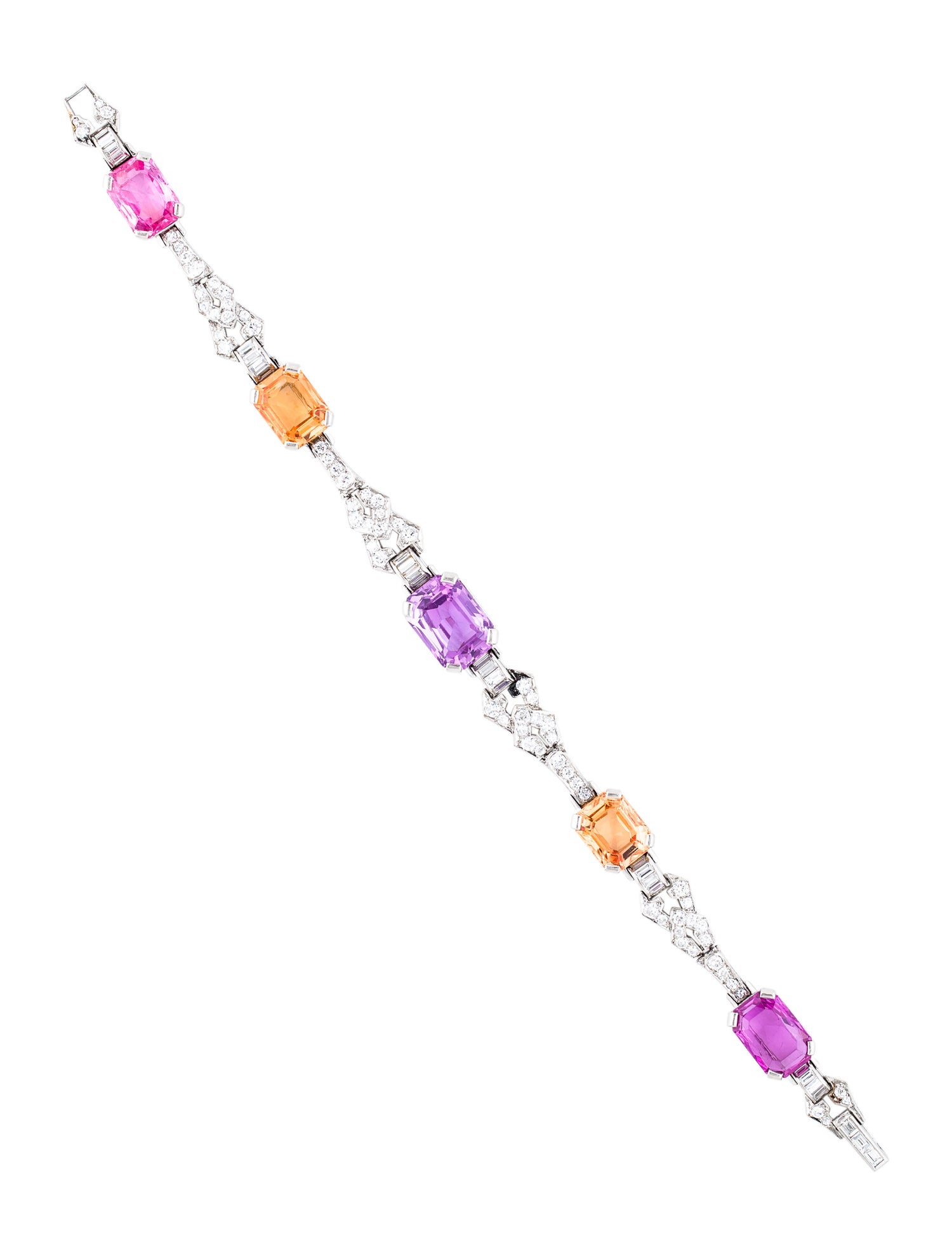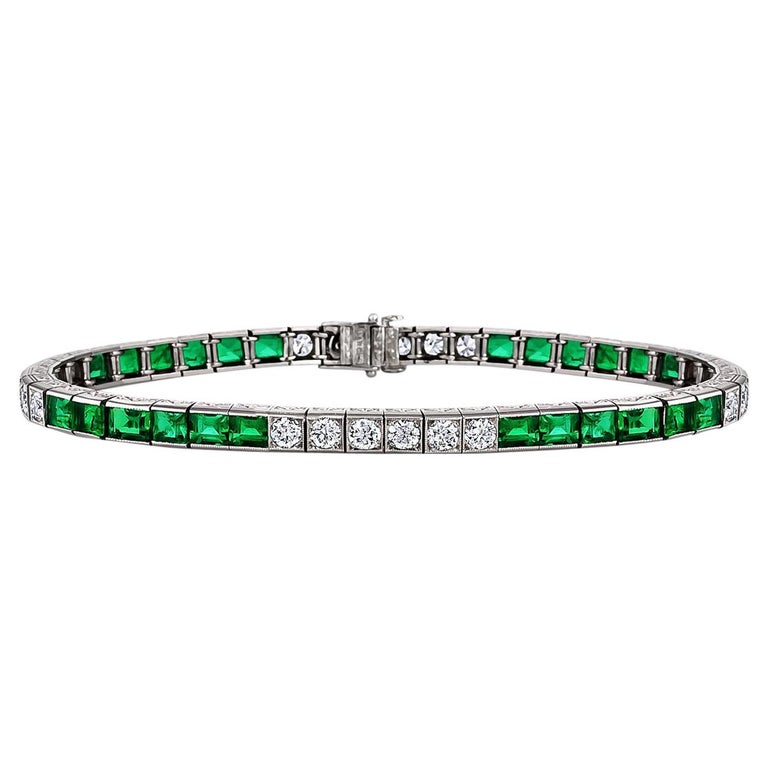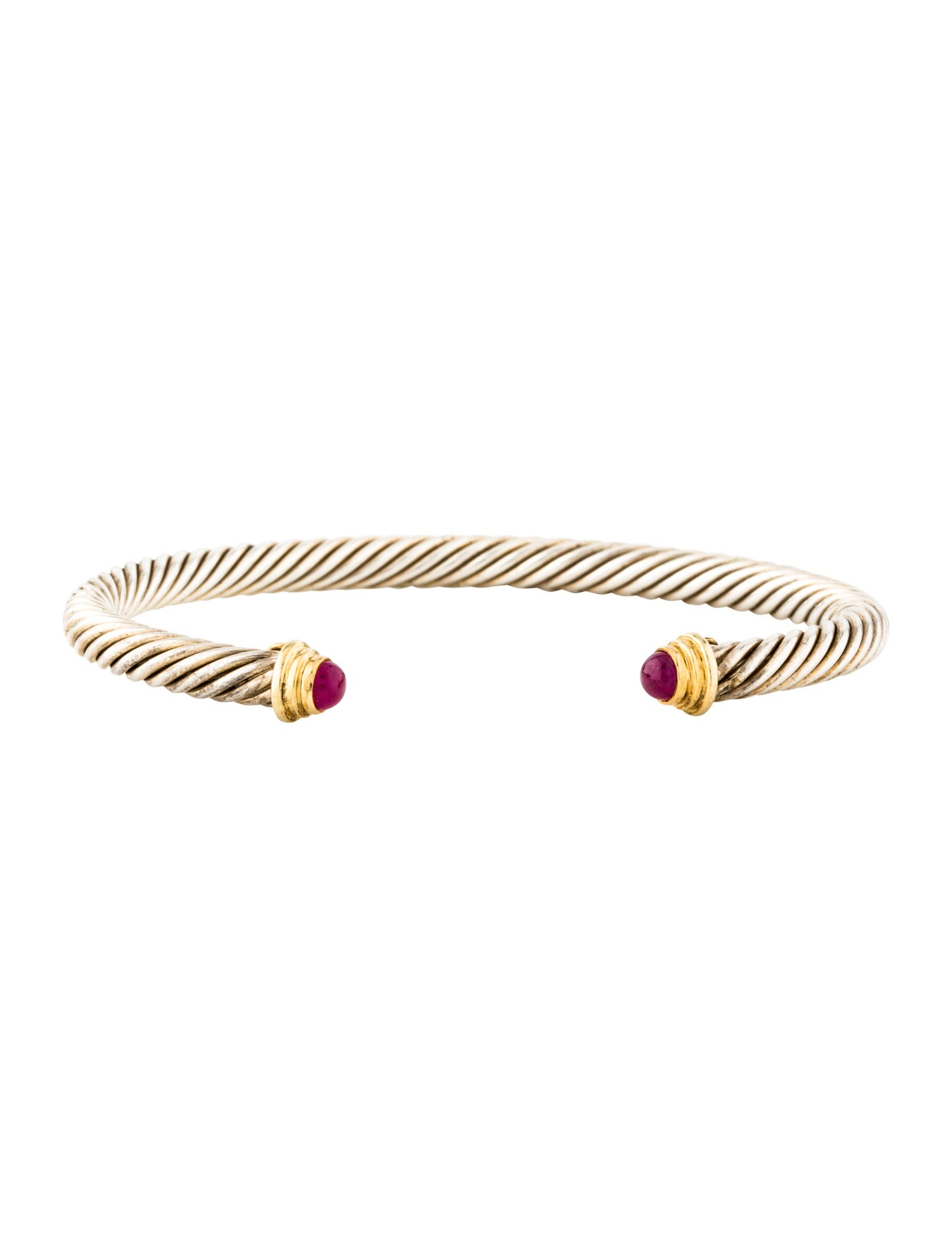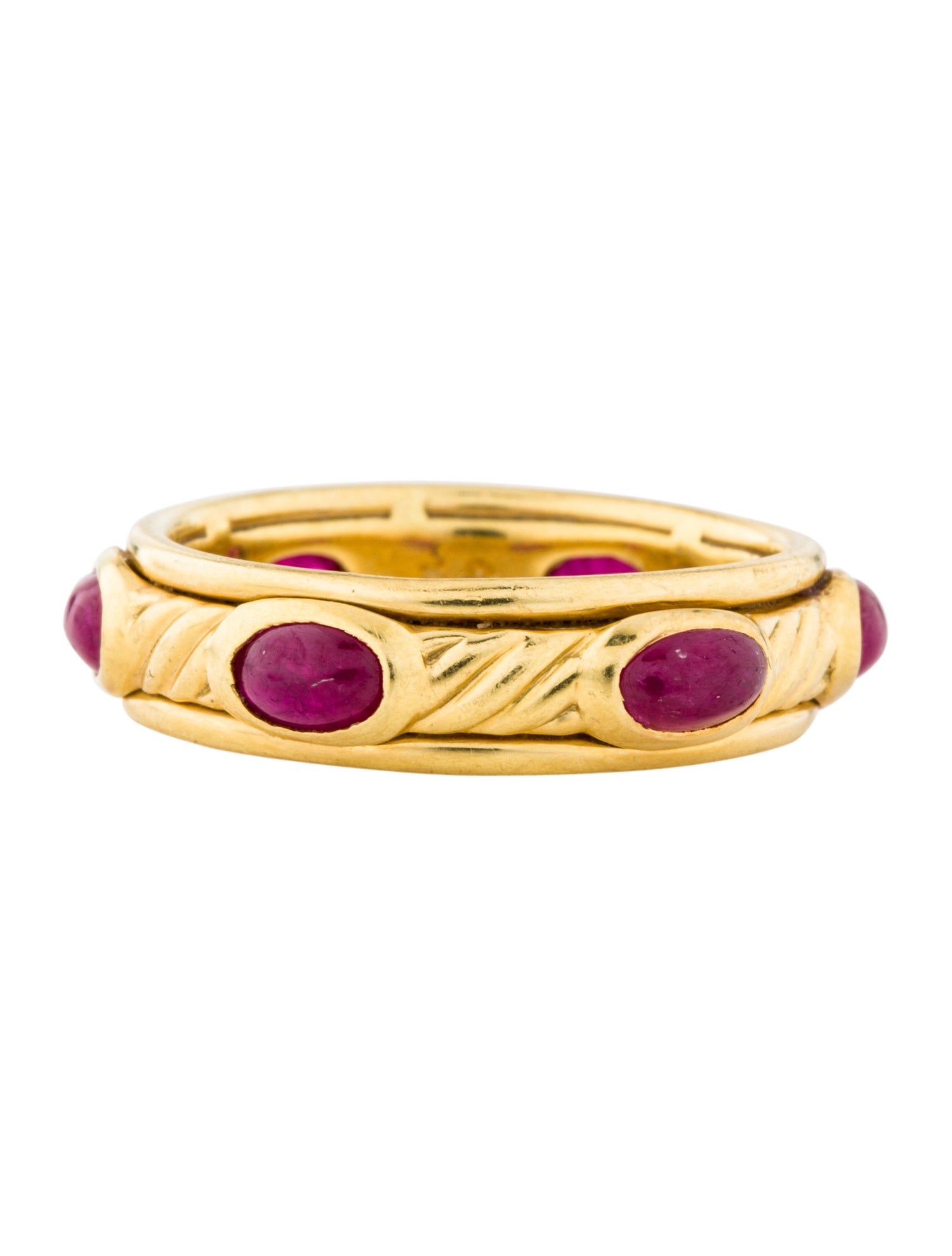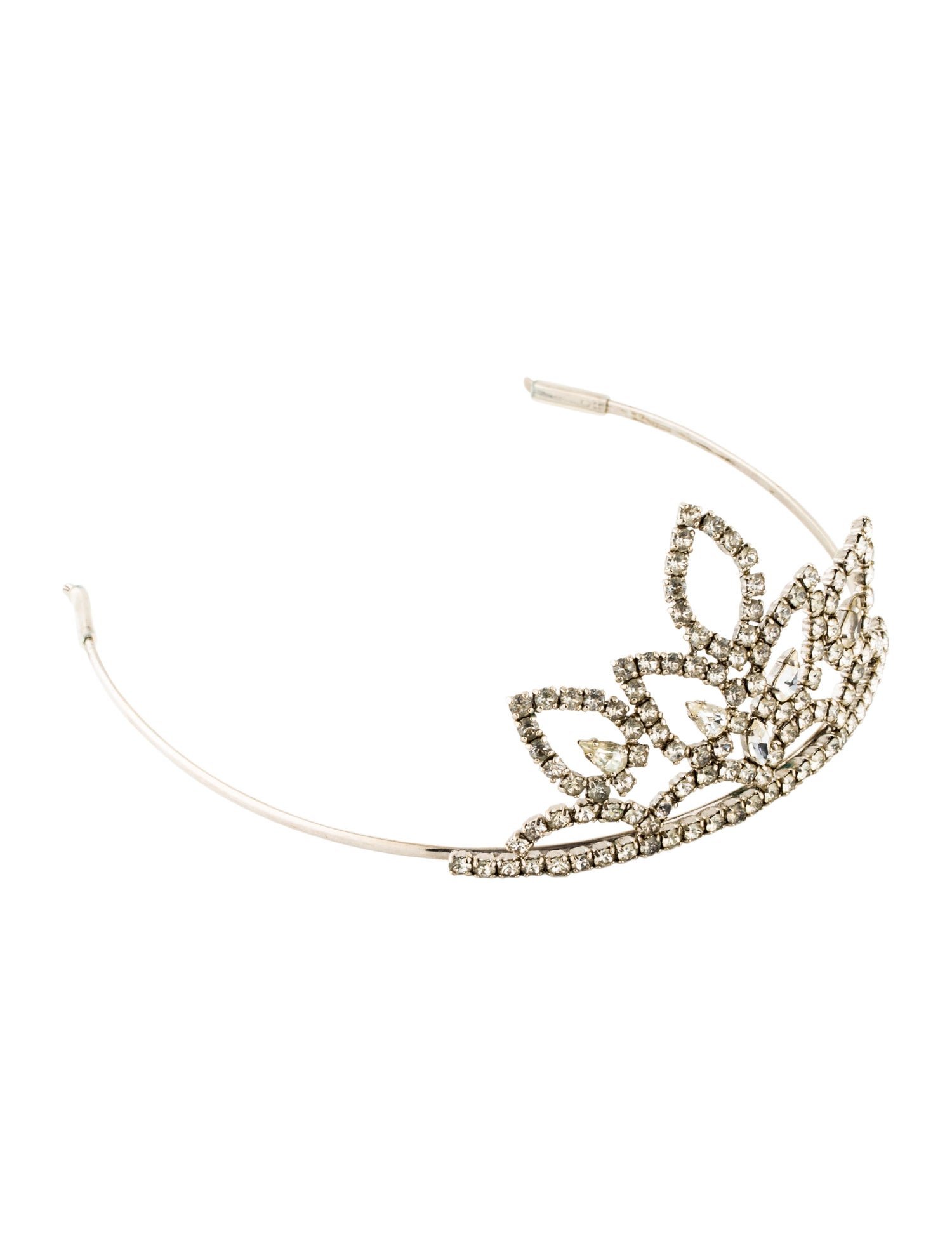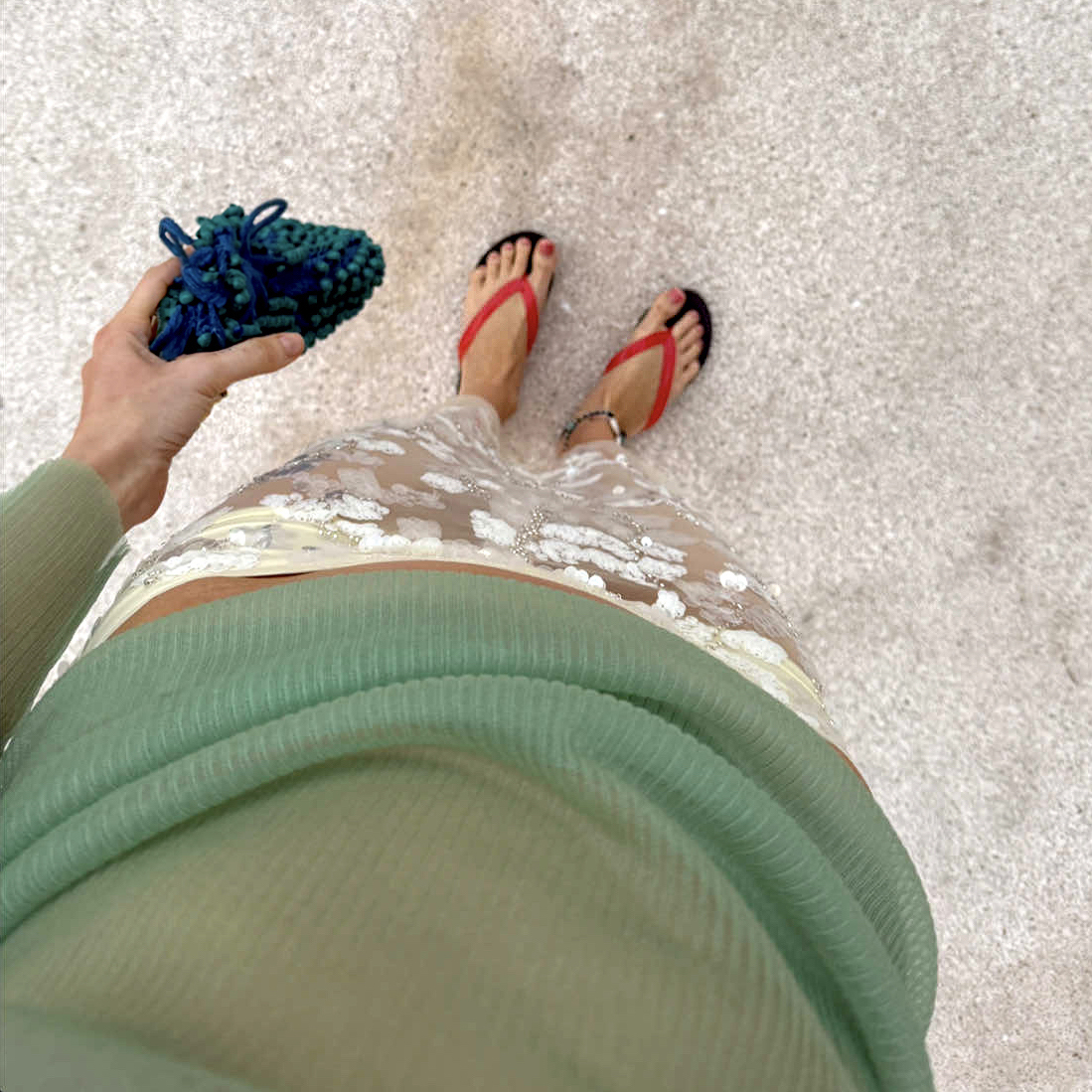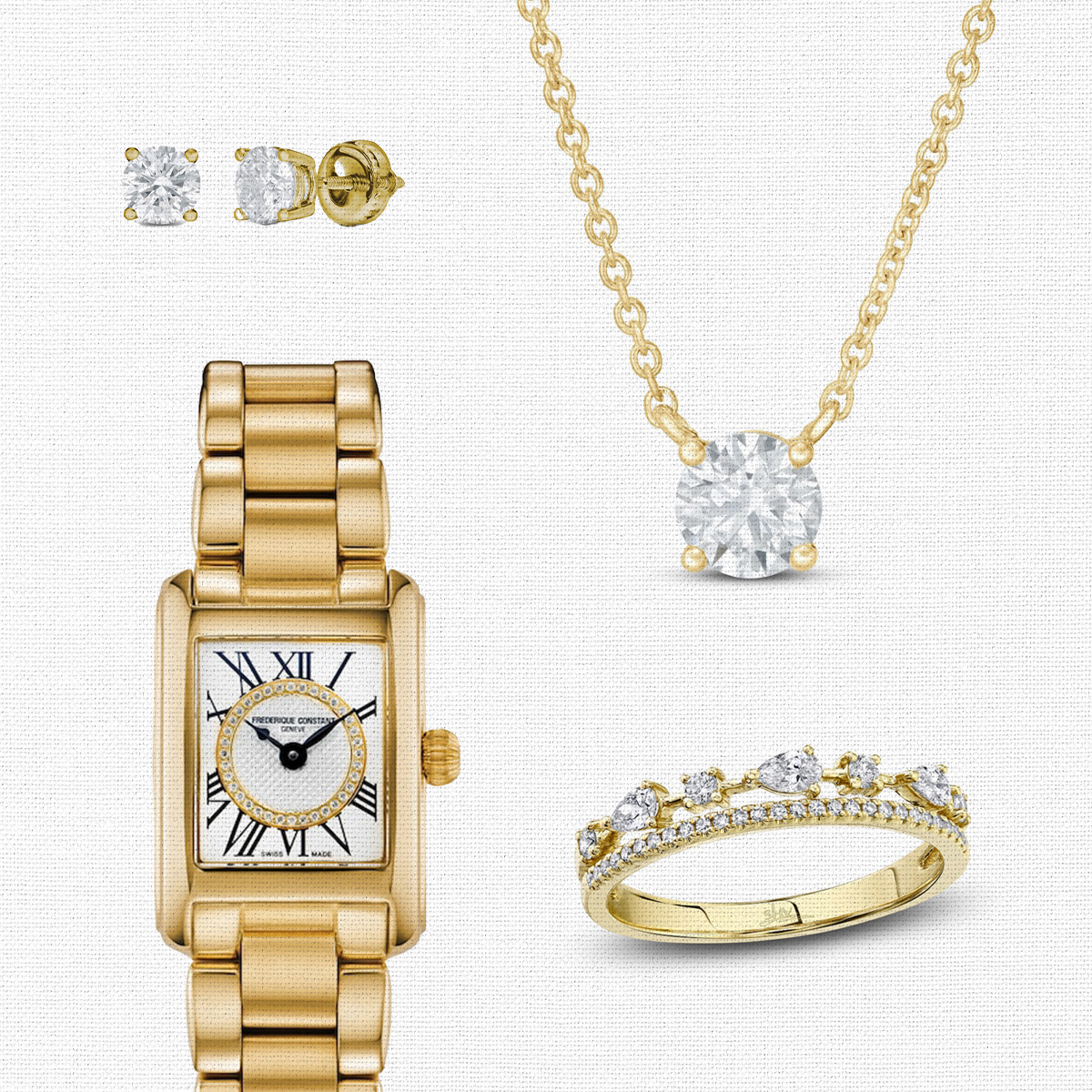The 10 Most Iconic Pieces of Jewelry—Ever

While jewelry trends come and go, there are certain iconic pieces that stand apart from the rest and endure the test of time. Though we consider ourselves something of experts on the topic here at Who What Wear, we're fortunate enough to have some of the leading experts in the field on speed dial (in a manner of speaking). So, curious as to which pieces of designer jewelry have the cachet to be deemed iconic, we decided to consult none other than Katie Ward, the senior fine jewelry and watches expert at The RealReal.
According to Ward, there are several key factors to keep in mind when considering whether a piece of jewelry is iconic. "Iconic pieces are defined by the confluence of elements that created them: design, material, the designer, the patron, the culture, the period," she explains. Without further ado, keep scrolling to see the most popular designer jewelry pieces of all time, according to a fine expert at The RealReal.
Van Cleef & Arpels Zip Necklace
"Twelve years of engineering in the making, the Van Cleef Zip Necklace has outlived Wallis Simpson, Duchess of Windsor, whose suggestion inspired the design. The Duchess didn’t live to see her brainchild realized in 1950, as a functioning zipper that converts a necklace into a bracelet."
Cartier Panthère Hoops
"Wallis Simpson also shopped at Cartier, where she picked out a Panthère brooch created by Cartier creative director Jeanne Toussaint. It was the first of many Cartier Panthère in her collection, and the start of one of Cartier’s best-known collections."
Cartier Juste un Clou Bracelet
"Is it really just a nail when it’s an 18-karat diamond nail? Aldo Cipullo and Cartier collaborated to create this, capturing the edgy energy of 1970s New York City and a new definition of luxury."
Verdura Maltese Cross Cuff
"Count Fulco di Verdura designed the Maltese Cross Cuff, a signature of the jewelry house that still bears his name, for his boss, friend, and collaborator, Coco Chanel."
JAR Geranium Leaf Earrings
"Jules Arthur Rosenthal, arguably the most influential twentieth- and twenty-first-century jewelry designer working today, is the only jewelry designer the Met museum has exhibited in a standalone show. He continues to innovate with materials and execution, like using aluminum in this earring to create a lightweight, modern look.
Tiffany & Co. Retro Tire Track Link Bracelet
"Mechanization and World War II informed a look back at earlier Art Deco designs post-war through an industrial lens. I really love designs that incorporate those retro elements. Tiffany & Co. does this beautifully, echoing the tracks of armored military tanks with this Retro Tire Track Link bracelet."
Krementz & Co. Art Nouveau Necklace
"Soft, feminine, and naturalistic, the Art Nouveau movement developed as a reprieve from the urgency and monotony of the industrial revolution.
"Handmade designs with an emphasis on spontaneity, organic materials and subject matter, and lyrical motifs set the tone for style as an escape from advancing modernity. Look no further than American designer Krementz—these necklaces are some of my favorites.
"If Art Nouveau designs speak to you, explore Nouveau Revival, executed later by the master of the form, Masriera, for example, this pendant necklace."
Marcus & Co. Art Deco Bracelet
"In 1925, a brand-new aesthetic got a name at the International Exhibition of Modern Decorative and Industrial Arts. Celebrating industry and innovation, the strong geometry and bold colors of Art Deco design are instantly recognizable and one of the most consistently desirable periods in jewelry history."
"You can't go wrong with designs from Cartier, Mauboussin, or Chicago designer Peacock. I really love this unbranded statement ring and, one of my personal favorite deco designers, New York City-based Marcus & Co.—this bracelet by them is stunning."
David Yurman Ruby Cable Cuff
"Rubies have captured the human imagination for thousands of years—they're mentioned in the Book of Exodus. Prized for its startling, vivid color, exceptionally rare rubies weighing more than five carats and sourced from historically significant mines in Burma, command a premium in the market."
Saint Laurent Crystal Grunge Tiara
"While the tiara, as we know it today, is closely tied with seventeenth-, eighteenth-, and nineteenth-century royalty, the style derives from classical roots. European royalty, determined to establish their legitimacy, used symbols like tiaras to reference ancient Greek kings and Roman emperors. Today, the tiaras of this period denote elegance and taste elevated to another level. They can also come in handy; ladies are not received in the British Royal Diplomatic Court of St. James without one. I am partial to Saint Laurent's modern take on a classic with its grunge tiara."
Up next, the 10 most popular designer handbags—ever.
